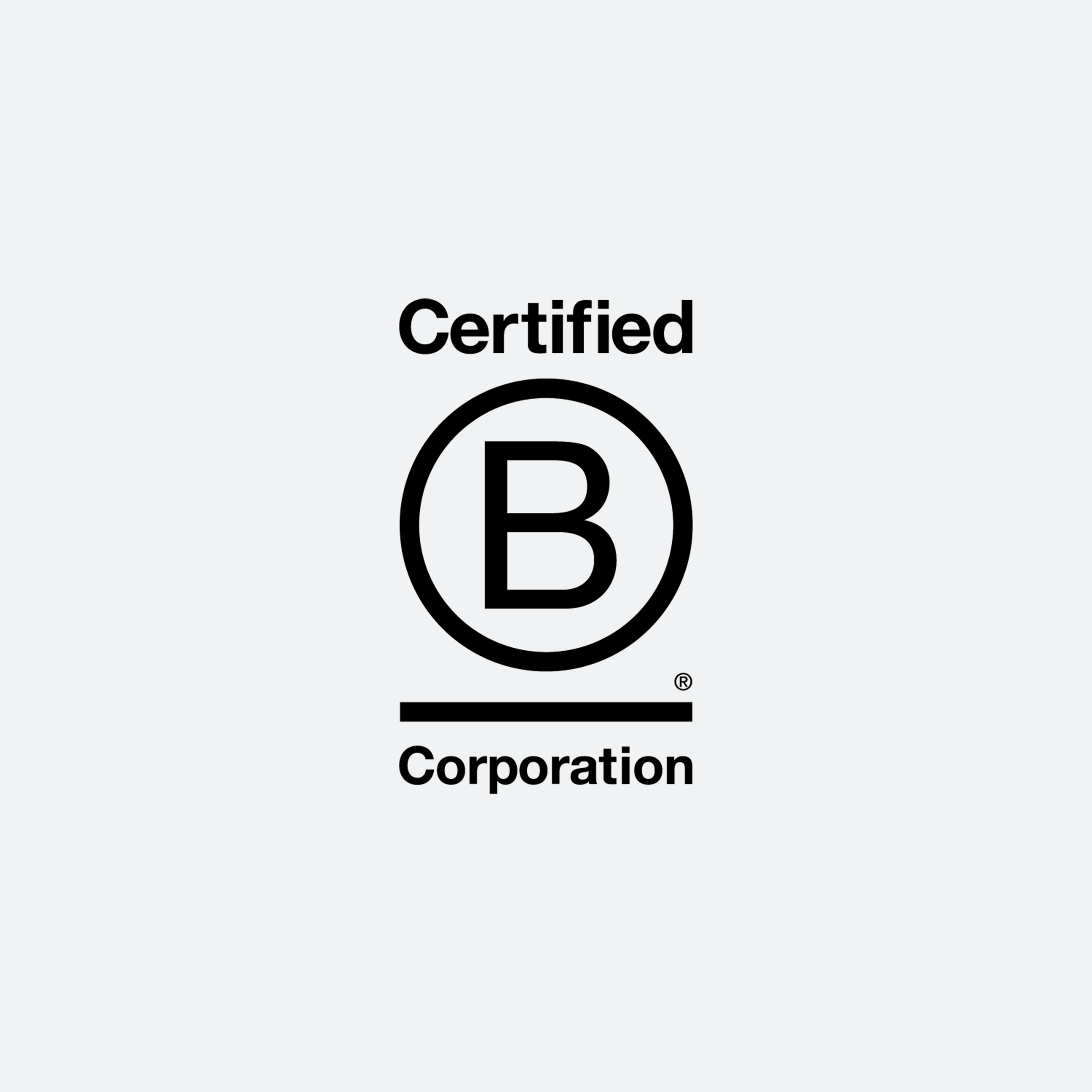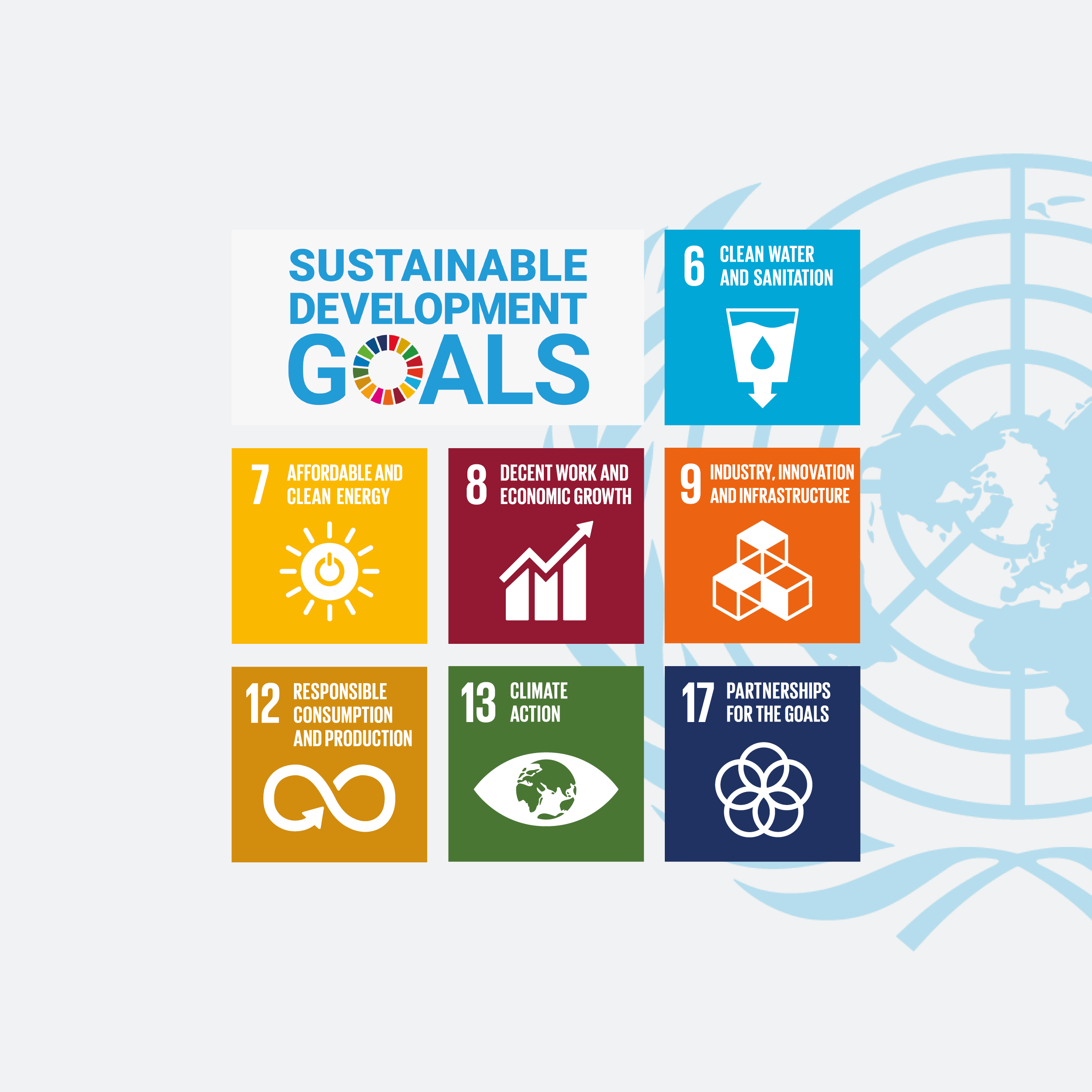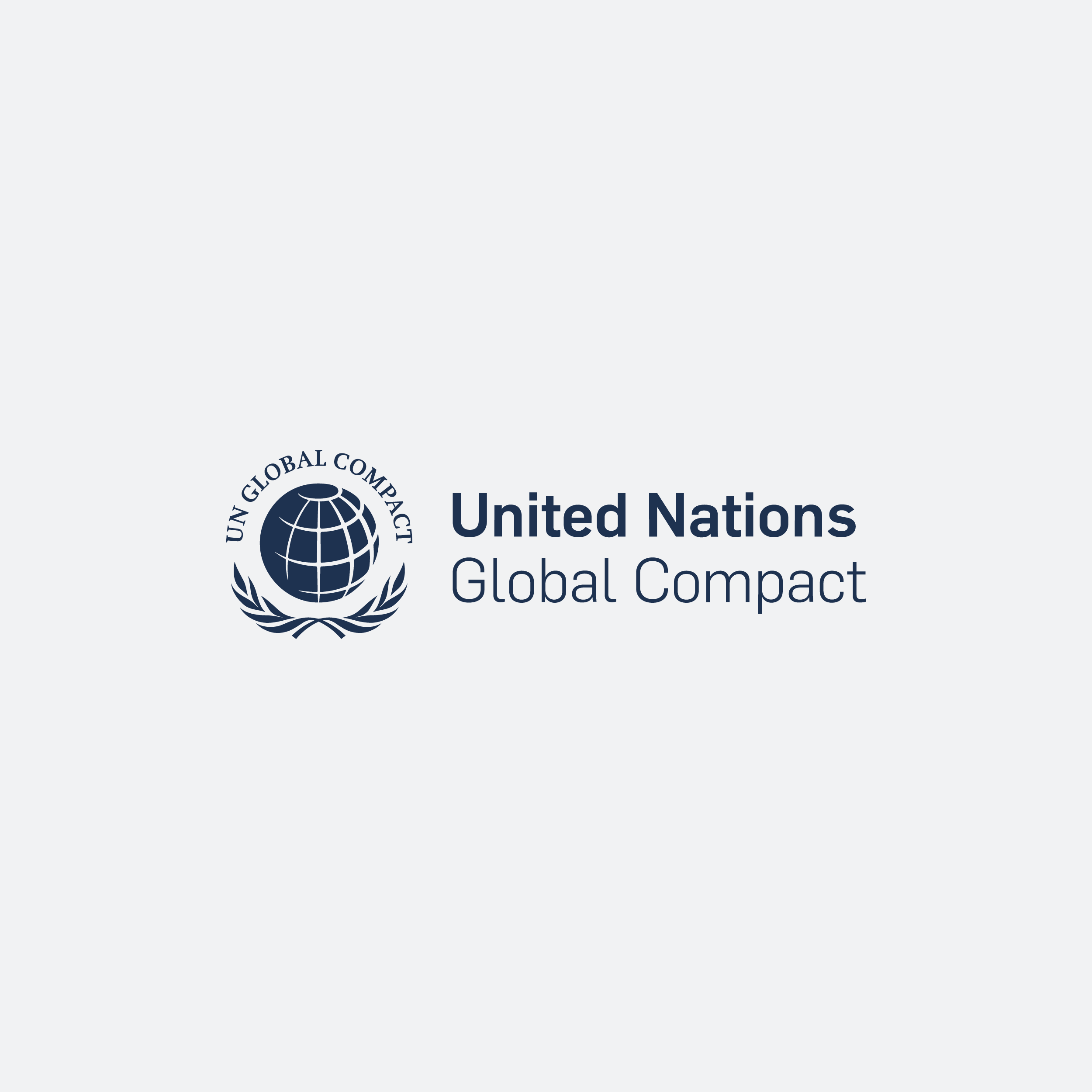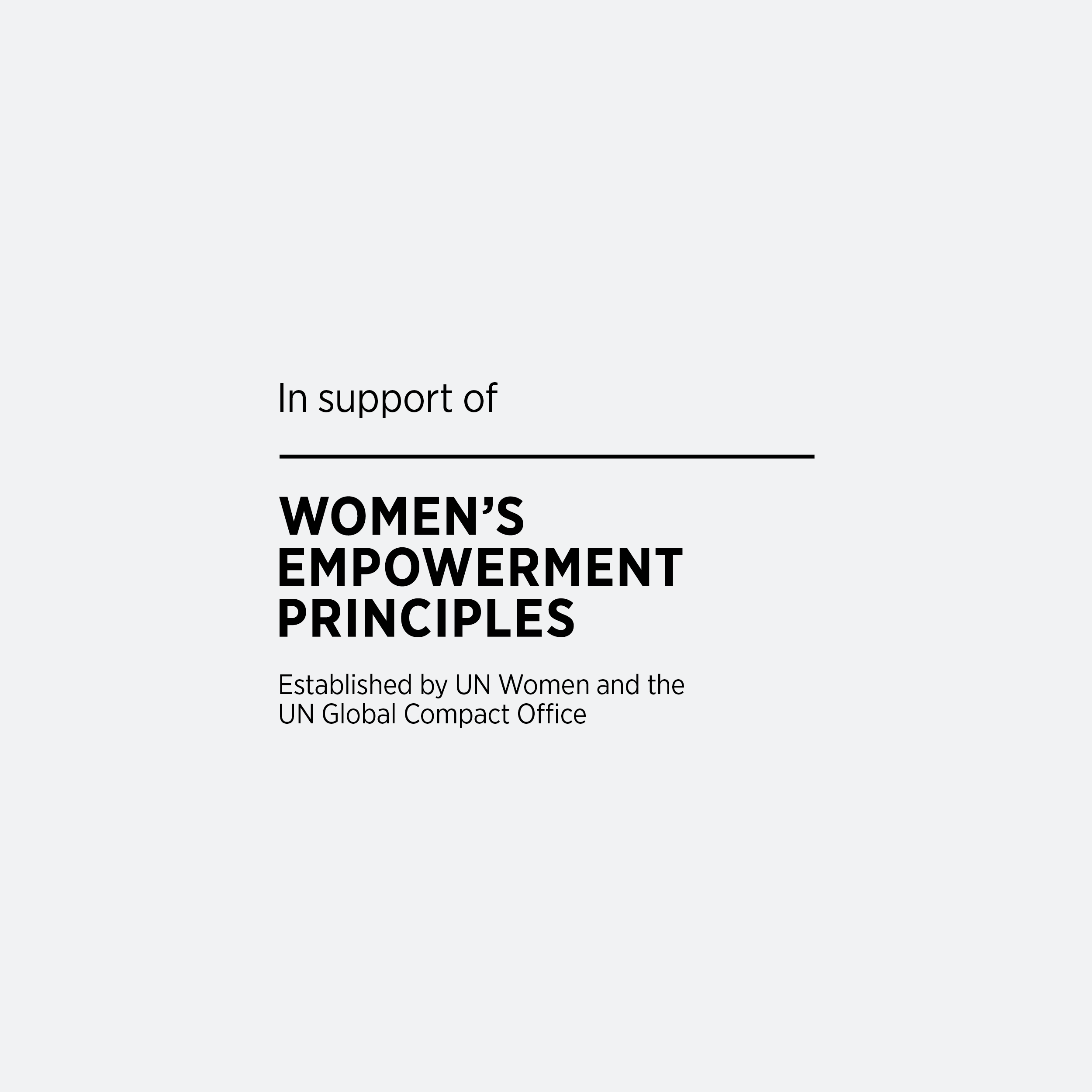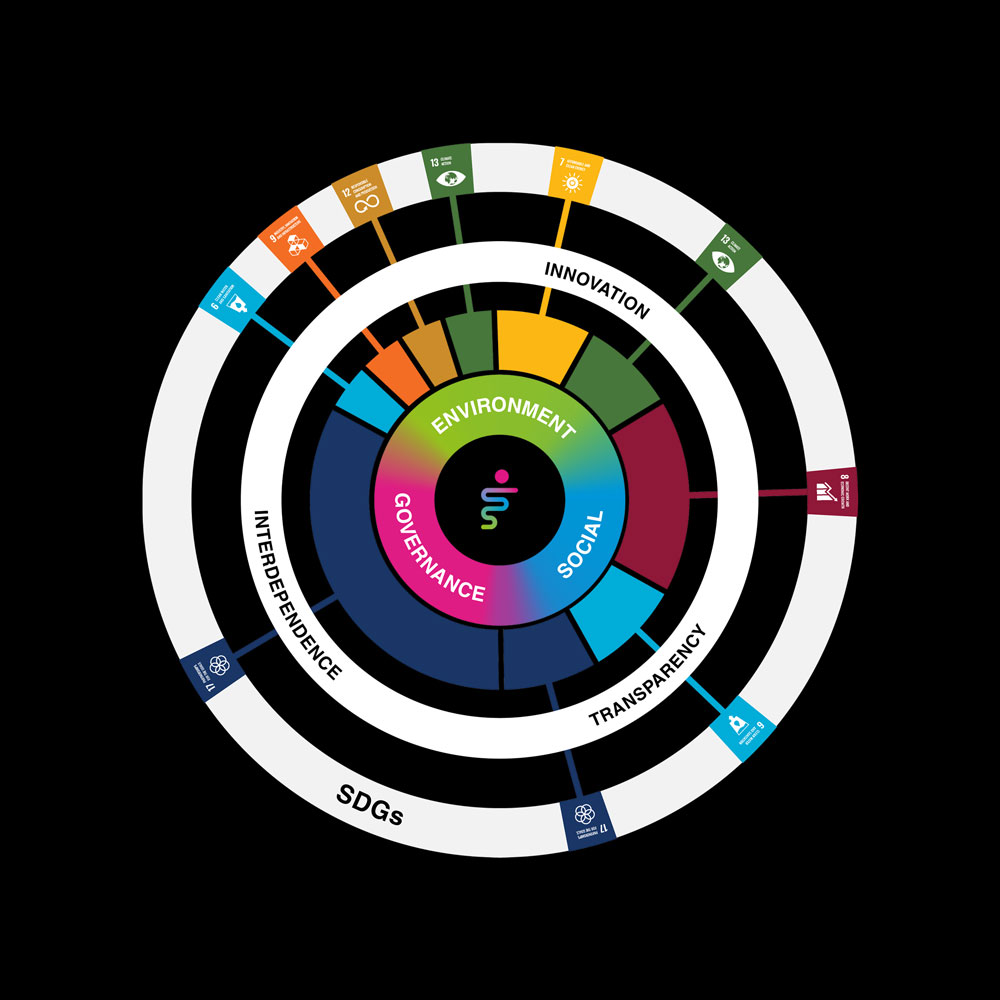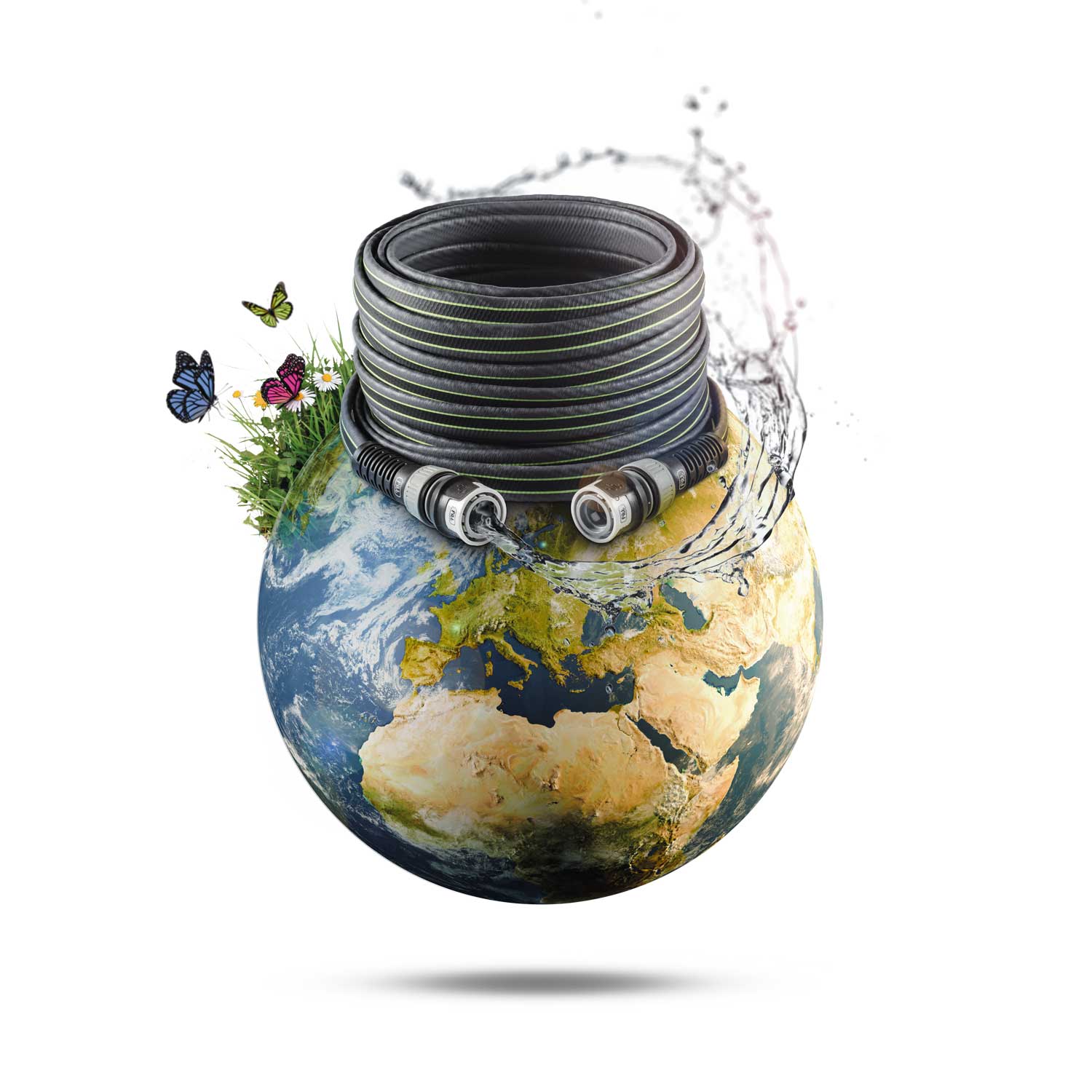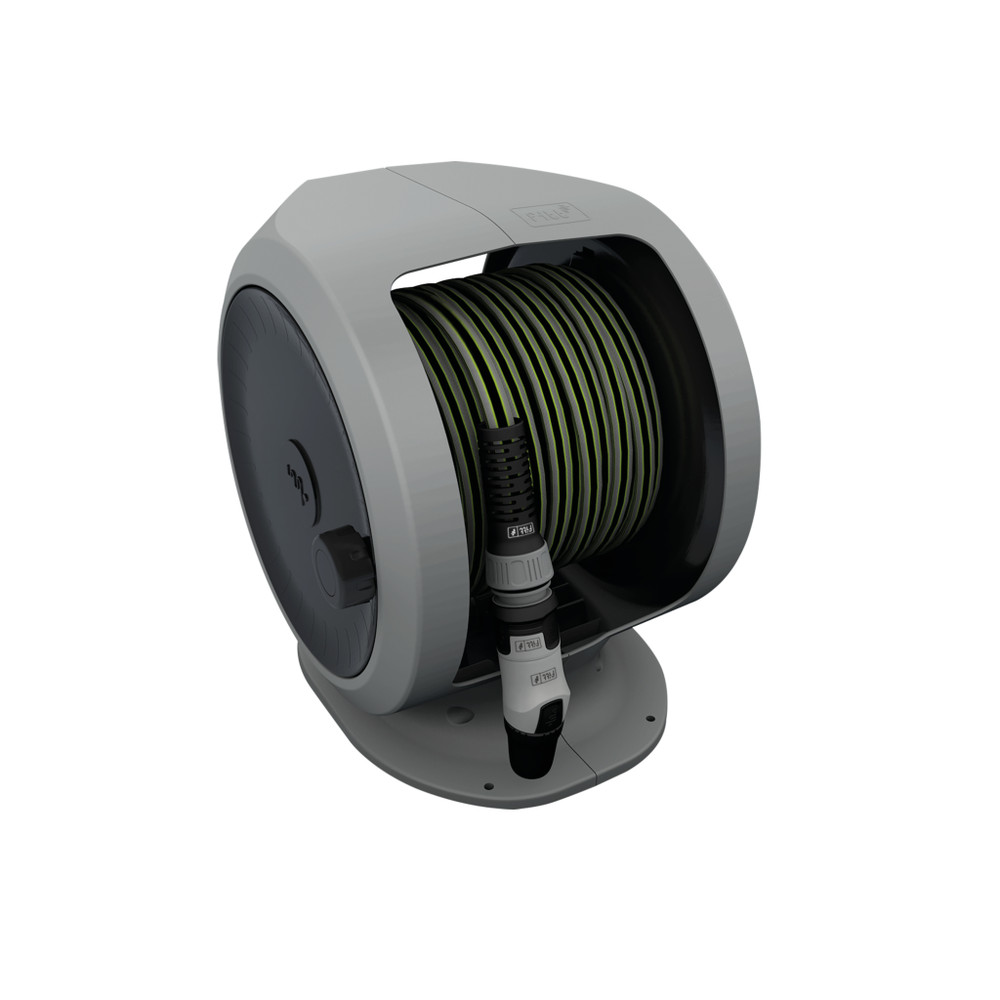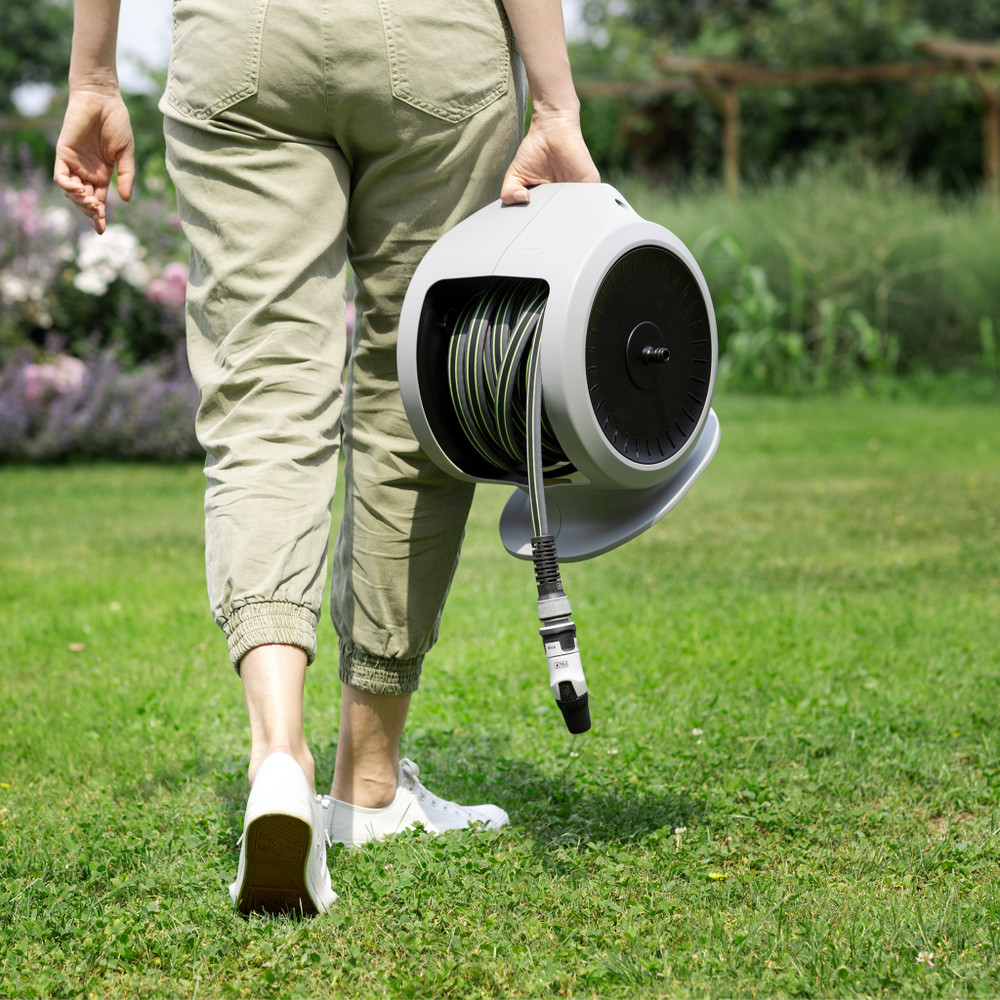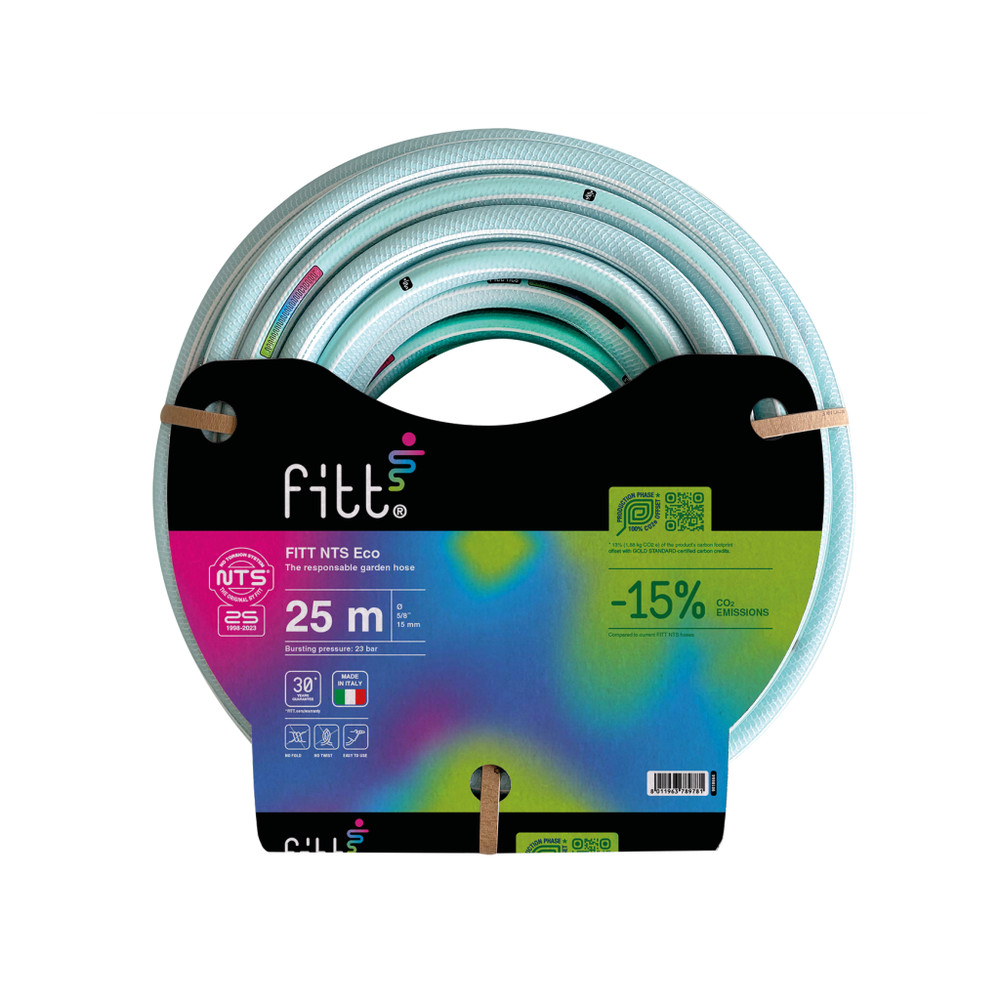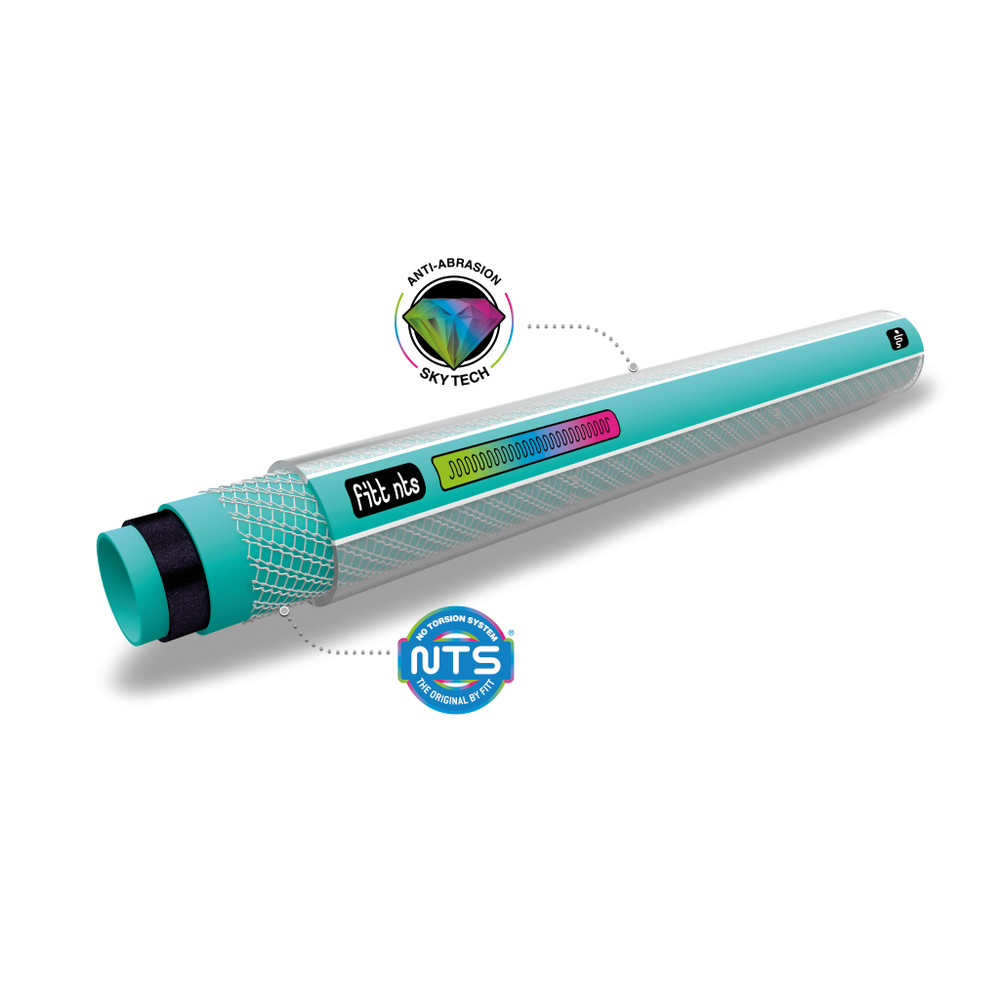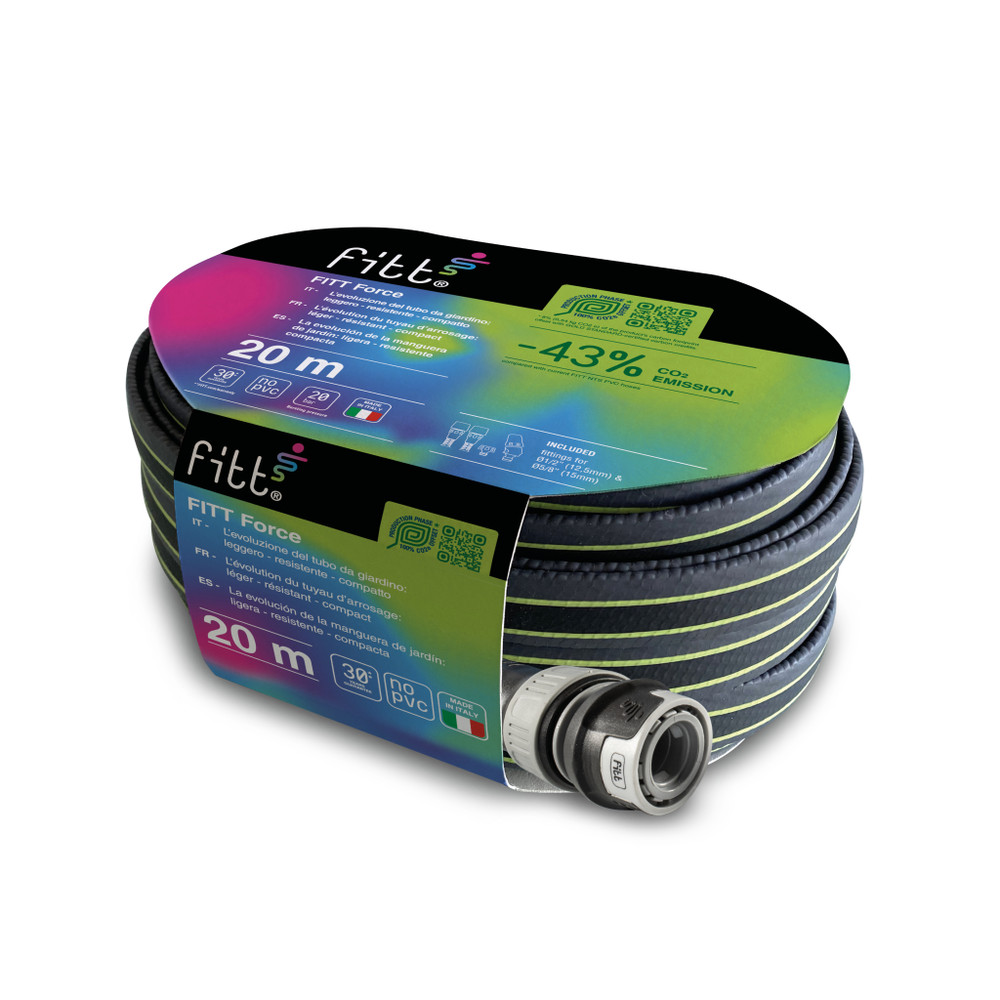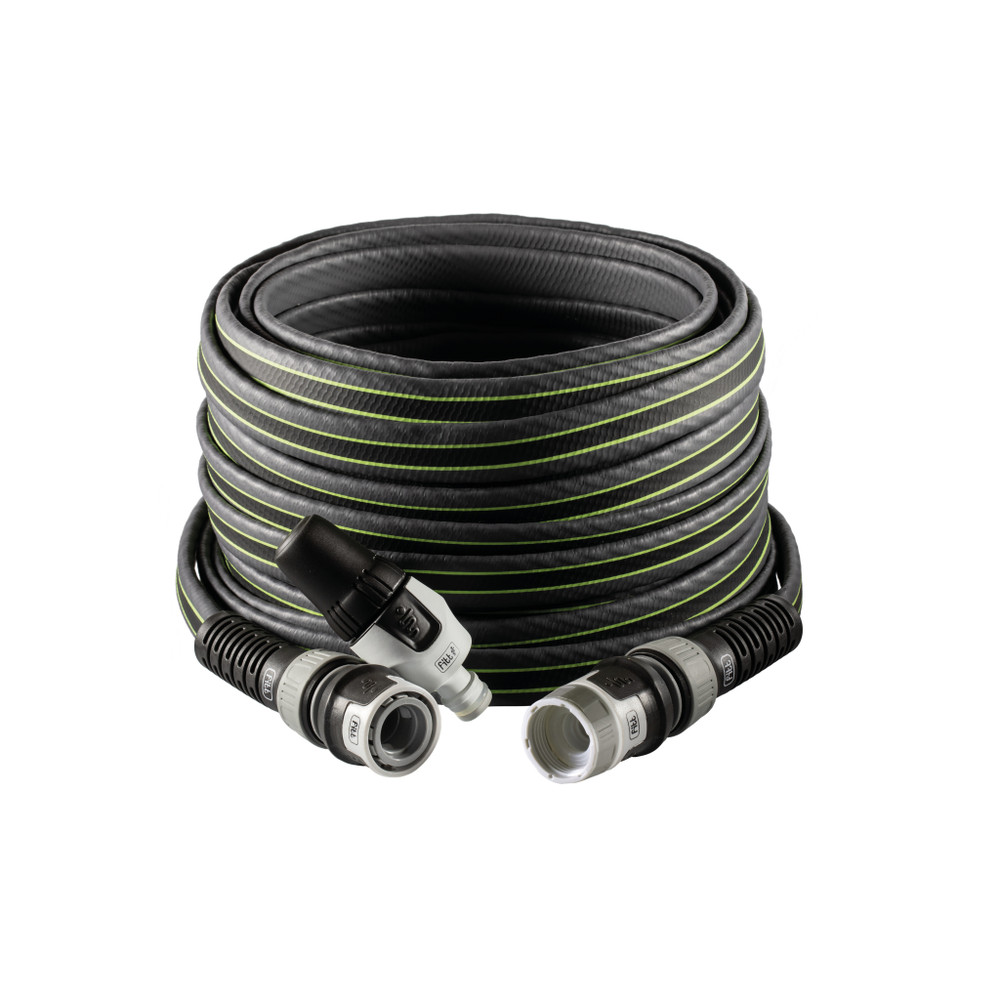FITT has achieved B Corp certification and joined a global movement of leaders promoting positive change.
An important milestone in the Group’s ESG journey that represent the evolution of a journey started in 2019 towards a new business model, in which business becomes a positive force for the generation of economic, social and environmental value.
To be a B Corp means to be the positive force that makes a virtuous impact on people, the environment and the territory.
It means being part of a global movement of “Purpose Driven Businesses” that believes in a more evolved and alternative model of doing business than tradition dictates, for a fairer and more inclusive economy that creates value for all.
Obtaining B Corp certification involves a rigorous and continuous process that requires a 360-degree assessment of the company’s activities in five areas: workers, customers, community, environment and governance.
